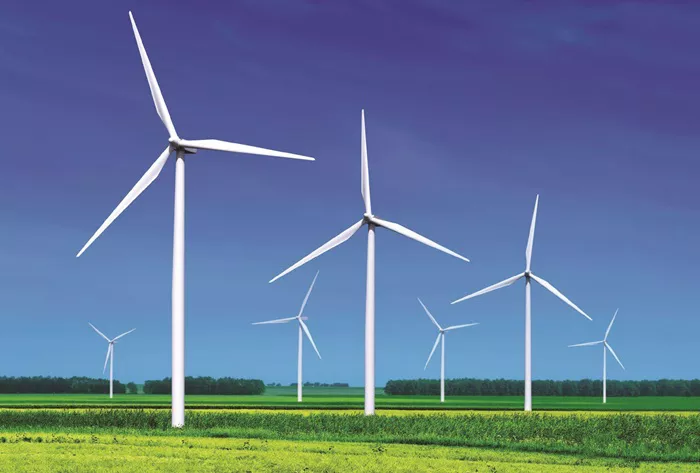A new report from the Africa Finance Corporation (AFC) has revealed a striking reality in Nigeria’s power sector: Lagos State now produces more electricity through off-grid and self-generated sources than the entire country’s national grid.
This finding highlights a growing energy crisis in Africa’s most populous country and raises serious questions about the success of past electrification efforts.
According to the State of Africa’s Infrastructure Report 2025, released on Monday, Lagos generates over 19 gigawatts of electricity from off-grid sources. That’s nearly four times the national grid’s average output of just 4 to 5 gigawatts. The report says this shift is happening out of necessity, not strategy.
“In Nigeria, unreliable public supply has pushed millions of households and businesses to rely on petrol and diesel generators,” the report states. It notes that industrial and commercial users are especially dependent on self-generation.
For many Lagos residents, this situation is all too familiar. Families often use noisy generators to run fans on hot nights, and small businesses burn costly diesel fuel to stay open. But the AFC report reveals just how widespread this self-reliance has become.
Across Nigeria, cities are seeing the same trend. Many businesses, unable to count on the national grid, have built their own power plants. In Lagos, self-generation is now the norm. Industrial zones and commercial areas often run entirely on private power, showing both the weakness of the national system and the determination of Nigerians to keep their operations running.
But the report warns that this shift is not a sign of real progress. “Going off-grid is not always a low-cost solution,” it says. “It is often a last resort.”
A 2019 study by the Energy for Growth Hub, cited in the report, found that self-generated power in Nigeria can cost twice as much as grid electricity. In Ethiopia, it can cost up to four times more. These high costs hurt industrial productivity and increase the economic impact of weak national infrastructure.
The report’s concerns go beyond Nigeria. It paints a worrying picture for the entire continent. Without fast and meaningful investment, the number of people in Africa without electricity could stay the same through 2030. This directly challenges the goals of global institutions like the World Bank and the African Development Bank, which have committed $40 billion to connect 300 million people in sub-Saharan Africa by 2030.
The report questions whether that target is even realistic. It points to slow growth in large-scale power generation and too much focus on small, scattered solutions.
Between 2013 and 2023, electricity generation in Africa grew by less than 2% per year. That’s slower than both the population growth rate of 2.42% and economic growth of 3%. In 2024, Africa added just 6.5 gigawatts of utility-scale power. India added 18 gigawatts, and the United States added 48.6 gigawatts in the same year.
South Africa, the continent’s second-largest economy, is also seeing rapid growth in off-grid energy. After a 2022 policy change made it easier to build private power sources, capacity jumped from just 23 megawatts in 2019 to 4.5 gigawatts by the end of 2023. In 2024 alone, over 1 gigawatt of solar capacity was added.
But these gains are uneven and often poorly documented. The AFC report criticizes the global focus on rooftop solar and small off-grid systems. It points out that thermal power—such as generators used by factories and mines—remains poorly tracked, even though it is becoming more common. These thermal plants can produce anywhere from 20 to 200 megawatts at a single site.
At the core of the report is a strong warning. Africa may be heading toward what it calls a “low-energy equilibrium.” In this scenario, more people may have access to electricity on paper, but the actual power supply remains too weak to support real economic growth.
“This is not merely stagnation,” the report says. “It is a deterioration in meaningful energy consumption.”
Africa has vast energy resources—untapped hydropower, geothermal potential, and some of the best solar energy conditions in the world. But poor infrastructure and limited investment have left much of this potential unused.

